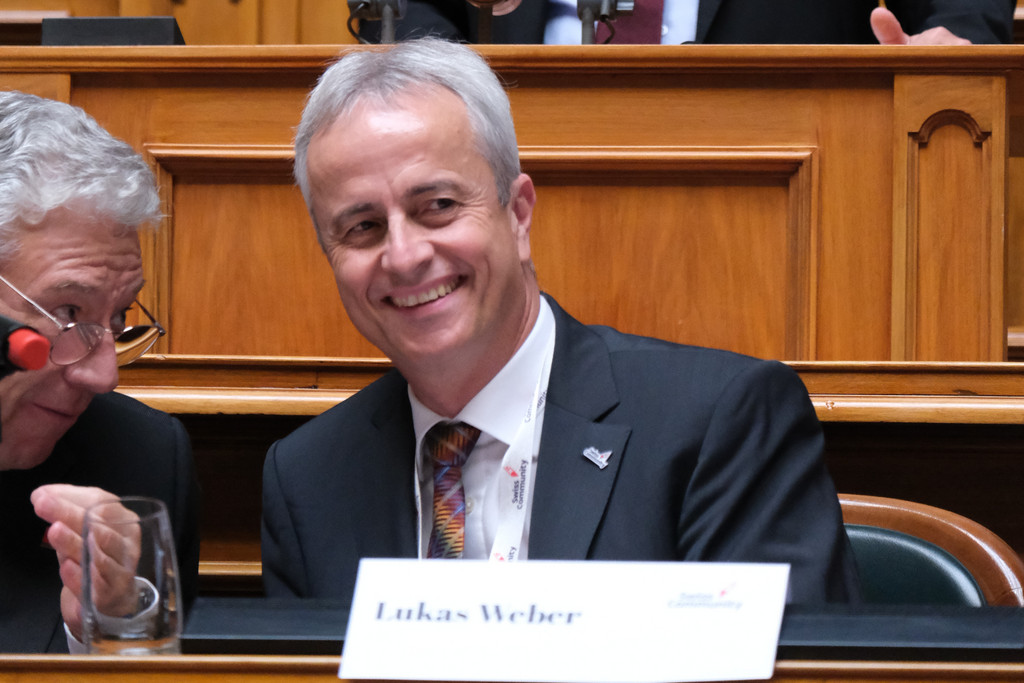
Filippo Lombardi succeeds Remo Gysin

“Our efforts are beginning to pay off with some banks”

Vote for the new Council of the Swiss Abroad!
![[Translate to English:]](/fileadmin/_processed_/b/5/csm_online_2502_Abstimmung_Bundeshaus_Winter_b8d1f6a598.jpg)
Votes and Elections

The Swiss schools abroad

SJAS to hold nine summer holiday camps and its first-ever information meeting in 2026

The Youth Service has a new registration process – places to be allocated by lot





Comments